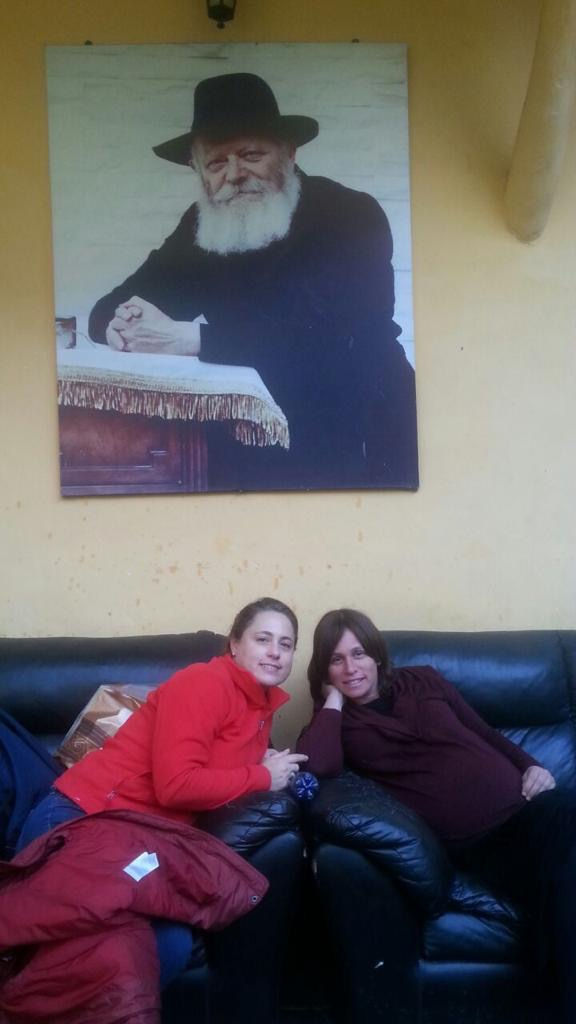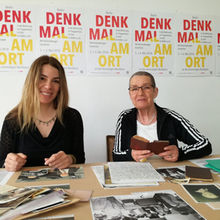Beit Chabad in the Pachamama of Cuzco
- Ilana Lamstein

- Oct 4, 2023
- 2 min read
Updated: Aug 15, 2024
Cuzco is a captivating, absorbing city brimming with energy, where the Inca worldview blends with the cultural and religious beliefs of Christianity. The city stands infused with faiths, which reveal themselves to believers through images, symbolic representations, and rituals.
For the Incas, Pachamama or "Mother Earth" was one of the most important deities in their polytheistic structure, where respect and care for "Mother Earth" were reflected in the multitude of rituals they developed. To give thanks to the earth and all that it provides is to acknowledge the connection between humans and nature as a source of life.
Walking through Cuzco is fascinating, but at the same time, for those of us with different religious convictions, it can be challenging to explore without seeking something that identifies us in the universe of belief.
A few blocks from San Pedro Square, walking uphill through narrow streets, you arrive at 631 Bitoque Street, the Chabad Center in Cuzco. A small iron gate – with a mezuzah hanging on its frame – welcomes you to a large colonial-style inner courtyard.
There, you find everything: the study center, the kitchen, the shluchim's home, and a meeting point for travelers and backpackers where a vibrant Jewish life unfolds – seemingly in silence – for those unaware of its presence.
Yael and Ofer Kripor have been running Beit Chabad in Cuzco for 10 years. The strength of their desire and their vocation sums up their purpose for being where they are. Creating oases of Judaism in the world means bringing a community together within the diversity of Judaism itself, where identity doesn't need to be defined but lived.

In times when coexistence and respect for each other's faith are overshadowed, questions become deeper, and answers more elusive. Faith is hope. Hope for a fairer world, where "Pachamama" can expand and cradle all peoples alike in a harmony that sways them all.
Published for: Uruguayan Hebrew Weekly
Date: 2016









